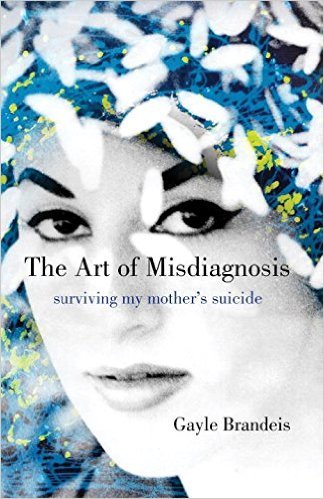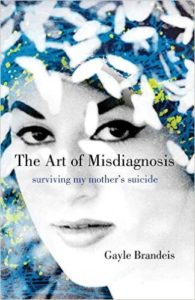BY FELICITY LANDA
The Butterfly Girl is Rene Denfeld’s second novel in the world of Naomi Cottle, a private investigator who is drawn to cases of missing children. Naomi’s knack for finding these children has earned her the name “The Child Finder,” but her need to pursue them stems from the one cold case in her own life: the missing sister she left behind when she herself escaped captivity as a child. When Naomi sets aside her work to finally find her sister, she meets Celia, a lonely homeless child abandoned to the streets. Celia is running from her abusive stepfather and hiding amongst butterflies, her imagined guardians and the only place she feels safe. Naomi and Celia continue to collide throughout a shocking series of events in Naomi’s search.
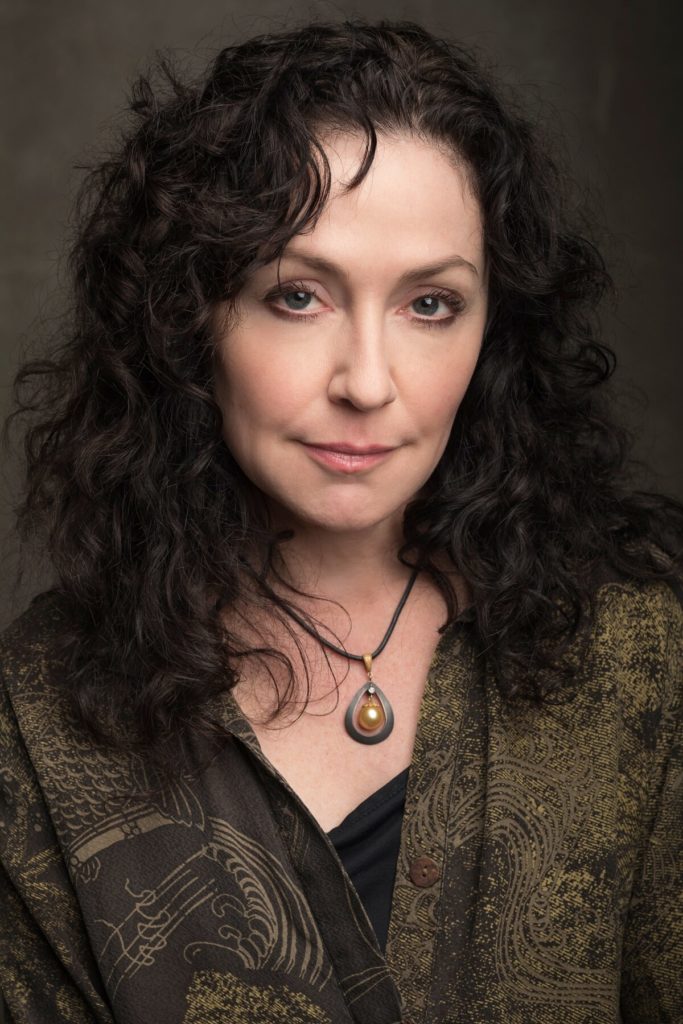 Denfeld’s own experience as a homeless teen has led to an incredible life of advocacy, from her career as a public defender helping victims of trafficking, to her life as a foster mother of twenty years. Denfeld is no stranger to the hardships of abandoned children, and she cares for her characters as fiercely as she cares for those off the page who turn to her for aid.
Denfeld’s own experience as a homeless teen has led to an incredible life of advocacy, from her career as a public defender helping victims of trafficking, to her life as a foster mother of twenty years. Denfeld is no stranger to the hardships of abandoned children, and she cares for her characters as fiercely as she cares for those off the page who turn to her for aid.
Denfeld has written a tense, page-turning, crime novel that leaves readers feeling connected to her characters and their stories in an intimate way. Naomi and Celia dig through their haunted pasts, even while they uncover the truth of the present. The Butterfly Girl is a book that lingers, alive with hope as much as it is streaked in sorrow. Denfeld and I spoke about the importance of how we fictionalize trauma, the way she discovers her stories, and the beautiful and inspiring life she has led that motivates her writing.


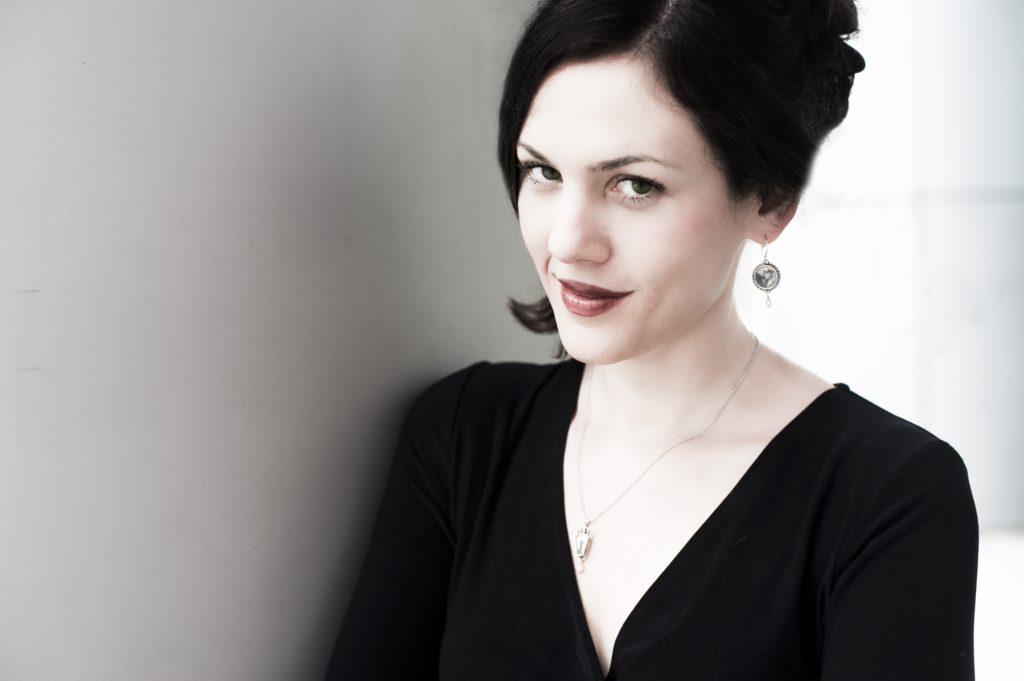
 The versatile writer and former actress Rachel DeWoskin—a member of my Chicago writing group since we were set up on a “blind friendship date” by our mutual close friend Emily Rapp Black—was born in Kyoto and raised in Ann Arbor, Michigan. After studying English and Chinese at Columbia University, DeWoskin moved to Beijing to work as a public-relations consultant and ended up all but accidentally becoming a Chinese TV star and sex symbol on the blockbuster nighttime soap opera Foreign Babes in Beijing, which was watched by approximately 600 million viewers. Following this heady and surreal experience, DeWoskin returned to the United States in 1999 and returned to her first love—literature—earning a master’s degree in poetry from Boston University. Her memoir,
The versatile writer and former actress Rachel DeWoskin—a member of my Chicago writing group since we were set up on a “blind friendship date” by our mutual close friend Emily Rapp Black—was born in Kyoto and raised in Ann Arbor, Michigan. After studying English and Chinese at Columbia University, DeWoskin moved to Beijing to work as a public-relations consultant and ended up all but accidentally becoming a Chinese TV star and sex symbol on the blockbuster nighttime soap opera Foreign Babes in Beijing, which was watched by approximately 600 million viewers. Following this heady and surreal experience, DeWoskin returned to the United States in 1999 and returned to her first love—literature—earning a master’s degree in poetry from Boston University. Her memoir,  conducted while we were both traveling like maniacs over the summer. Further, as a breast cancer survivor myself, the publication of Banshee feels watershed to me. Transcending facile “sick lit” portrayals of virtuous heroines and “feminist outlaw” labels that eschew serious examinations of women’s own culpability, DeWoskin presents instead a ferocious, lyrical, highly skilled tightrope walk of one woman’s simultaneous emotional disintegration and sexual awakening in the face of a dehumanizing medical industrial complex and a lifetime of seeing male colleagues “getting away” with behavior she would never have considered prior to staring her mortality in the face. What results is one of the most complex, morally ambiguous and intimate stories of body and women’s (still) societally sanctioned roles I have read in recent years. It was my great honor to read and blurb Banshee prior to its publication, and it’s even more exciting to share my conversation with Rachel DeWoskin with TCR readers.
conducted while we were both traveling like maniacs over the summer. Further, as a breast cancer survivor myself, the publication of Banshee feels watershed to me. Transcending facile “sick lit” portrayals of virtuous heroines and “feminist outlaw” labels that eschew serious examinations of women’s own culpability, DeWoskin presents instead a ferocious, lyrical, highly skilled tightrope walk of one woman’s simultaneous emotional disintegration and sexual awakening in the face of a dehumanizing medical industrial complex and a lifetime of seeing male colleagues “getting away” with behavior she would never have considered prior to staring her mortality in the face. What results is one of the most complex, morally ambiguous and intimate stories of body and women’s (still) societally sanctioned roles I have read in recent years. It was my great honor to read and blurb Banshee prior to its publication, and it’s even more exciting to share my conversation with Rachel DeWoskin with TCR readers.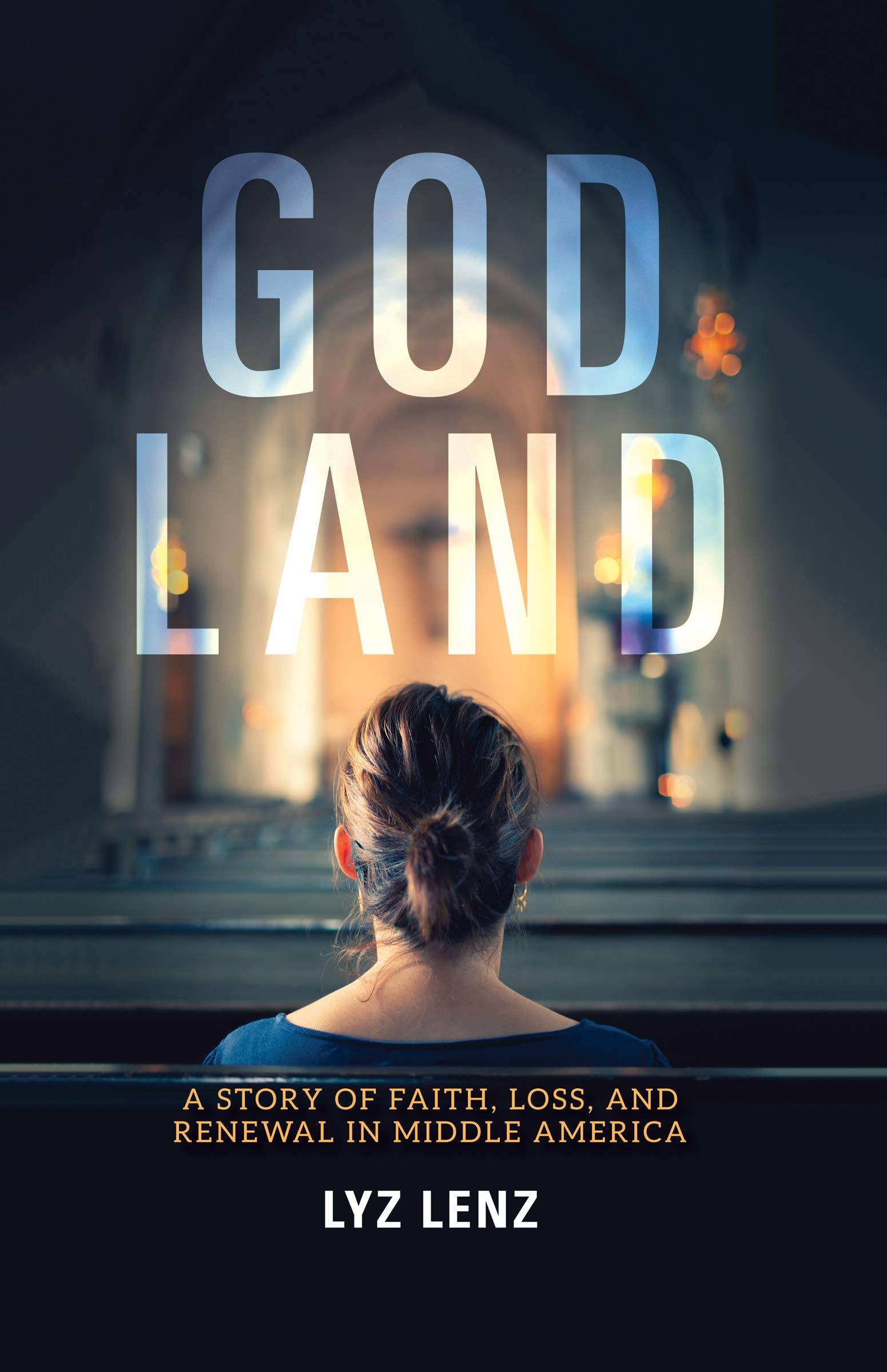
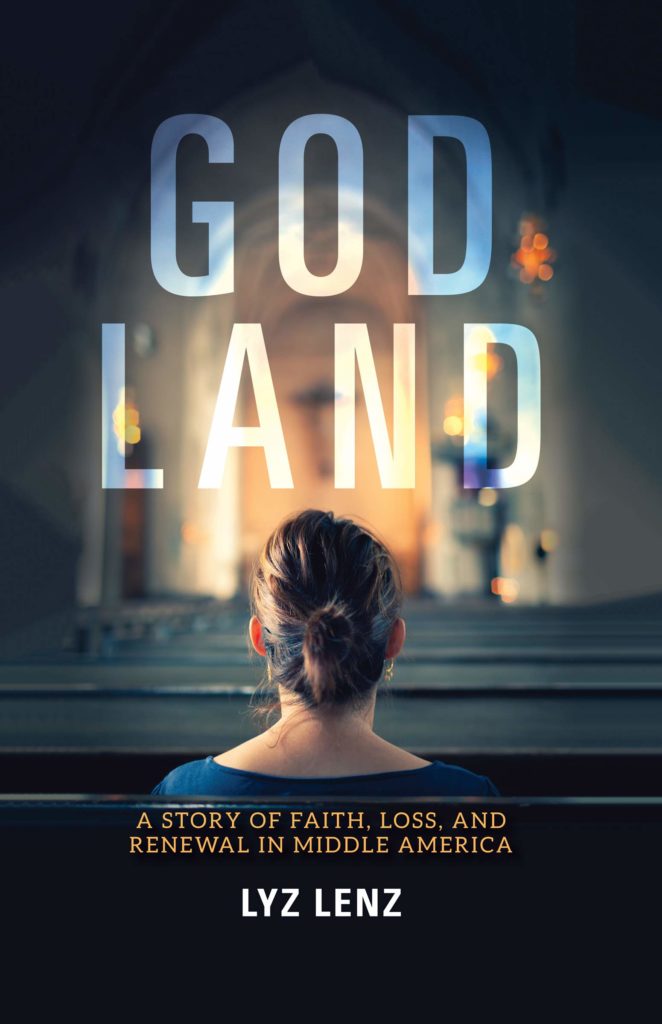 Author Lyz Lenz’s marriage ended after the 2016 presidential election. Lenz voted for Hillary Clinton, and her husband voted for Donald Trump, and although this wasn’t the reason for the divorce, it was a catalyst after years of signs that Lenz and her husband were different people.
Author Lyz Lenz’s marriage ended after the 2016 presidential election. Lenz voted for Hillary Clinton, and her husband voted for Donald Trump, and although this wasn’t the reason for the divorce, it was a catalyst after years of signs that Lenz and her husband were different people.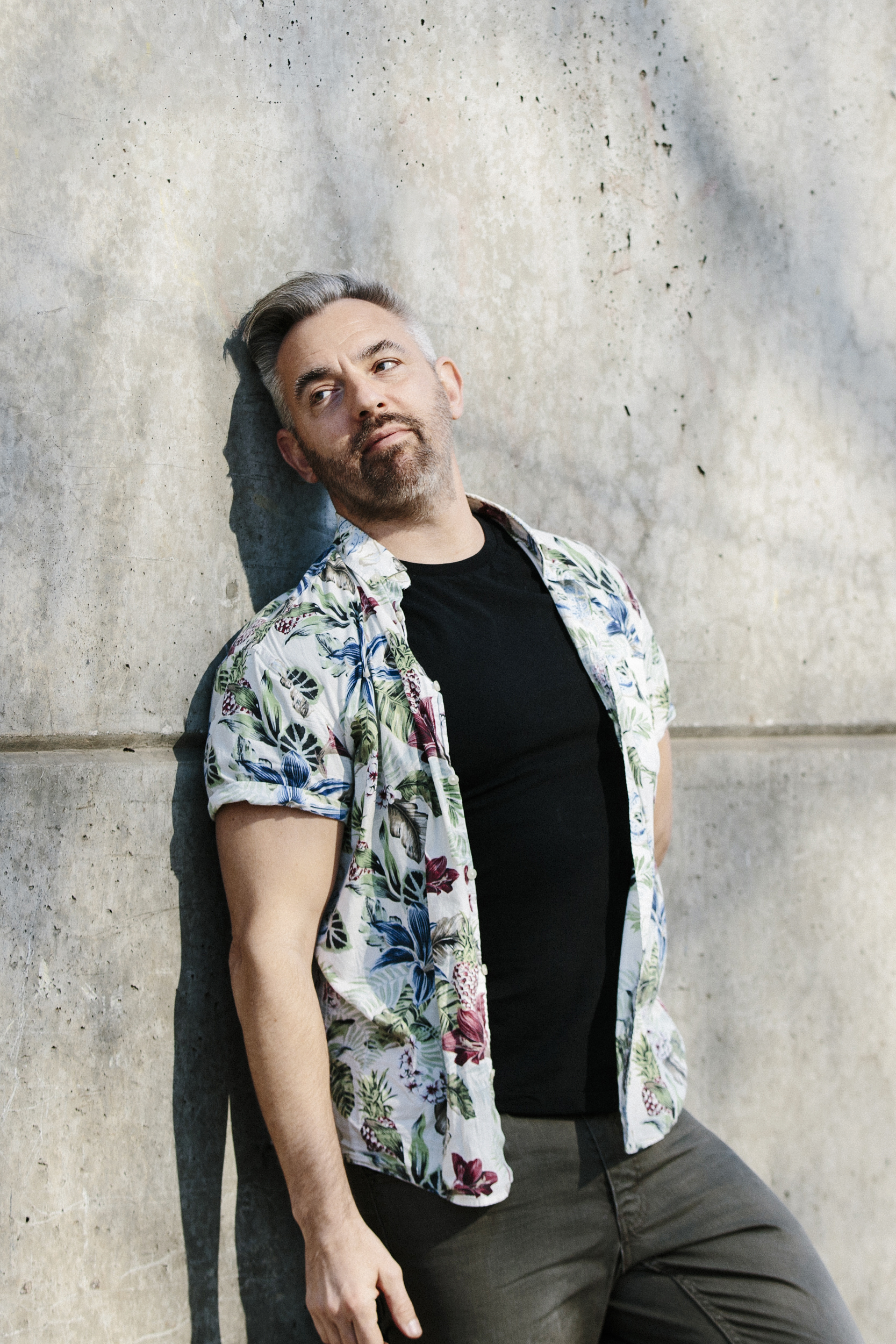
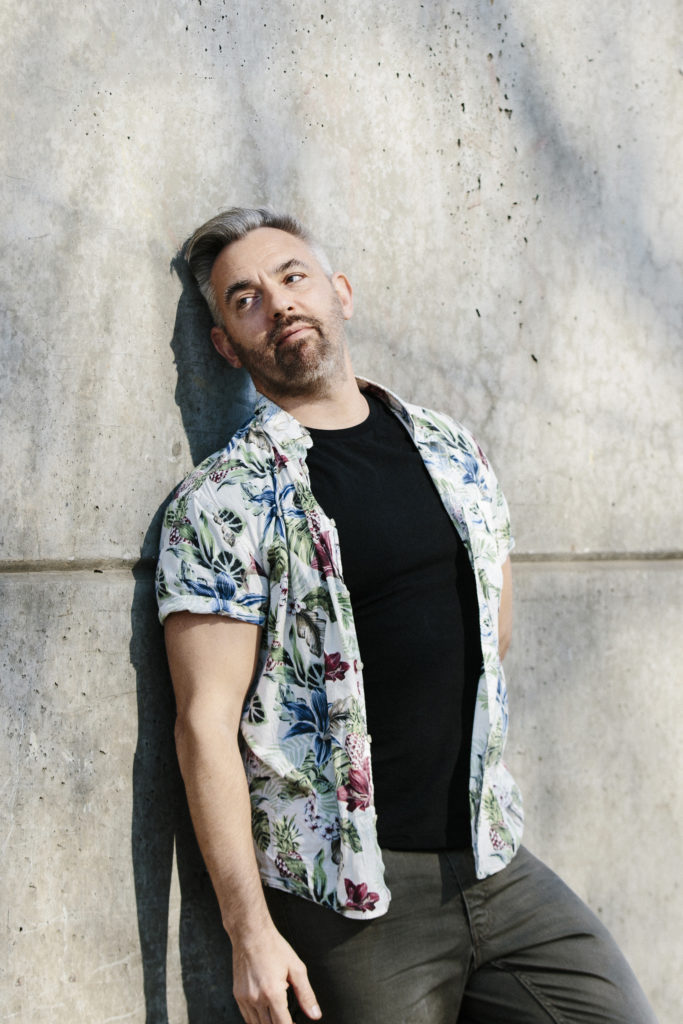 Tim Murphy is the author of the novel, Christodora, longlisted for the Andrew Carnegie Medal. It was also named a Best Book of the Year by The Guardian and an Amazon Editors’ Top 100 Books of the Year. As a journalist, he has reported on HIV/AIDS for twenty years.
Tim Murphy is the author of the novel, Christodora, longlisted for the Andrew Carnegie Medal. It was also named a Best Book of the Year by The Guardian and an Amazon Editors’ Top 100 Books of the Year. As a journalist, he has reported on HIV/AIDS for twenty years.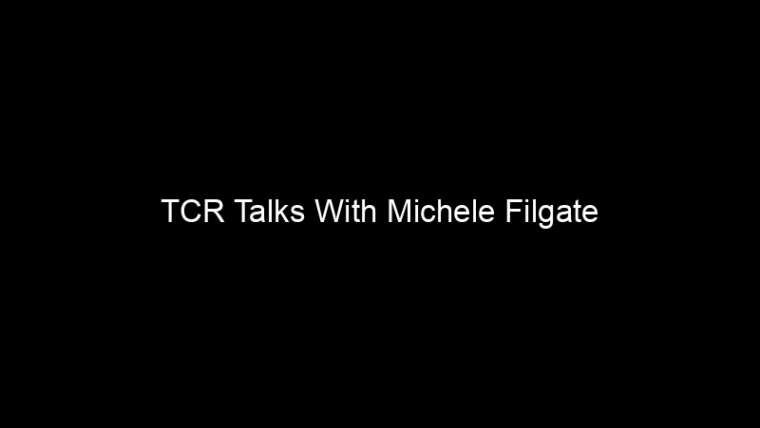
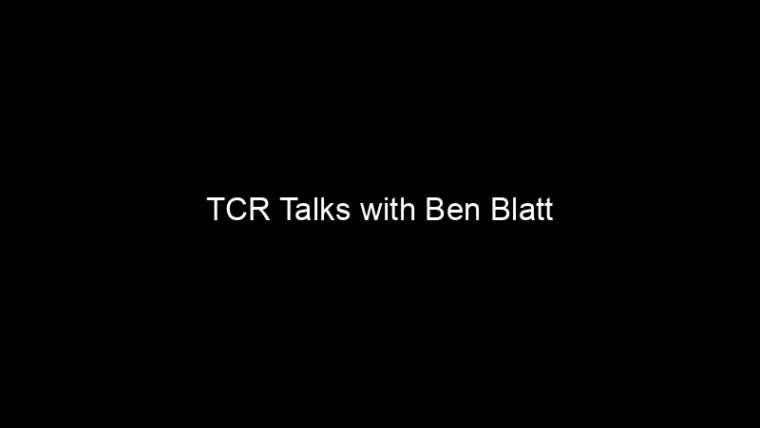
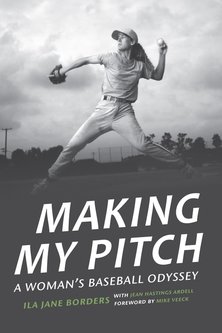
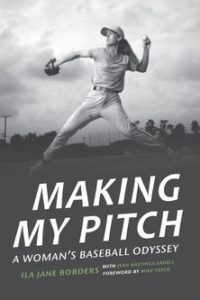 In Making My Pitch: A Woman’s Baseball Odyssey, Jean Hastings Ardell co-authors the deeply moving memoir of Ila Jane Borders, a woman shattering gender stereotypes in a male-dominated profession while navigating her secrecy, shame, and eventual acceptance of her sexual orientation.
In Making My Pitch: A Woman’s Baseball Odyssey, Jean Hastings Ardell co-authors the deeply moving memoir of Ila Jane Borders, a woman shattering gender stereotypes in a male-dominated profession while navigating her secrecy, shame, and eventual acceptance of her sexual orientation.